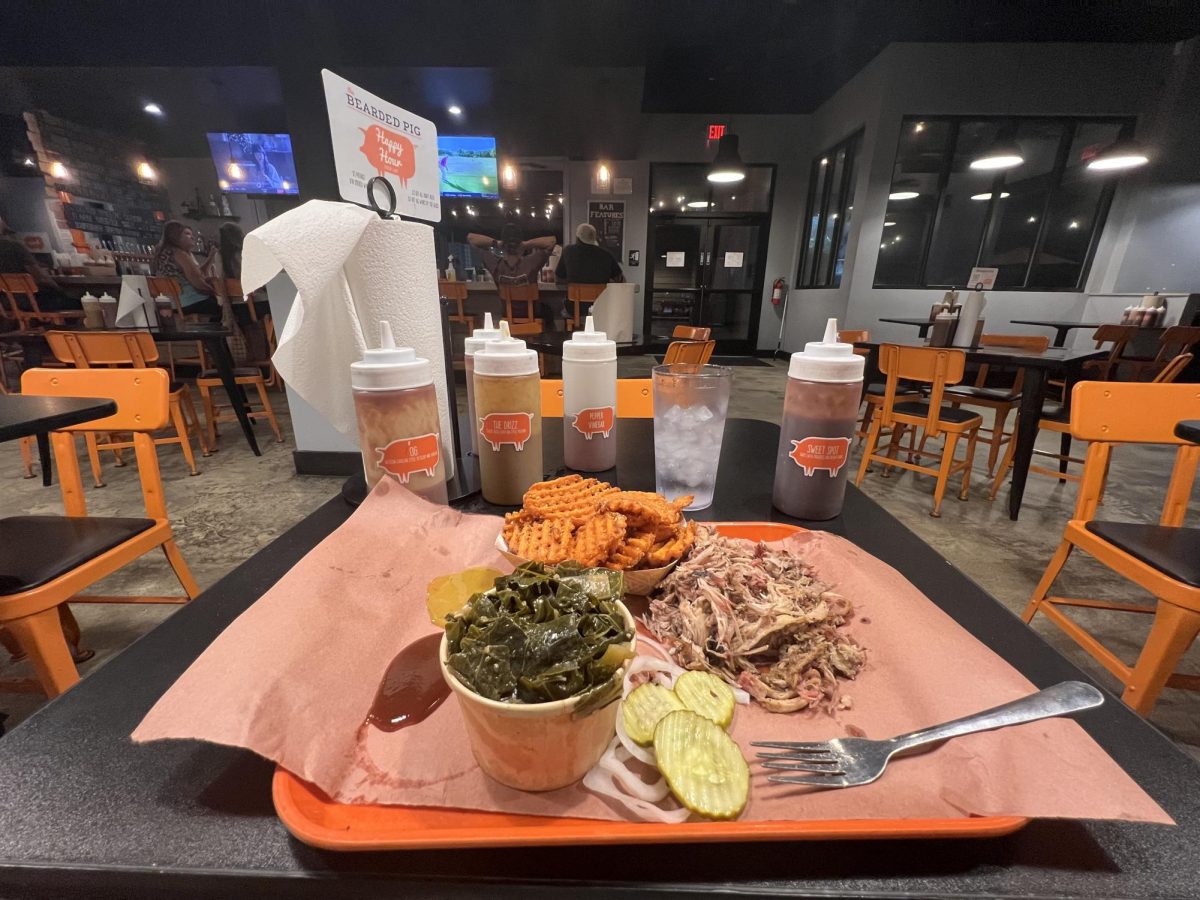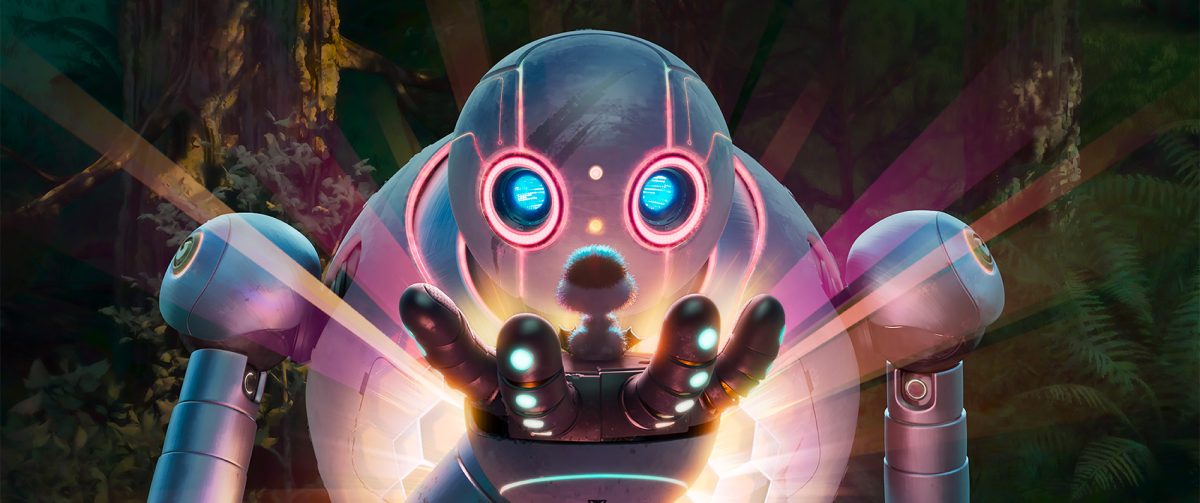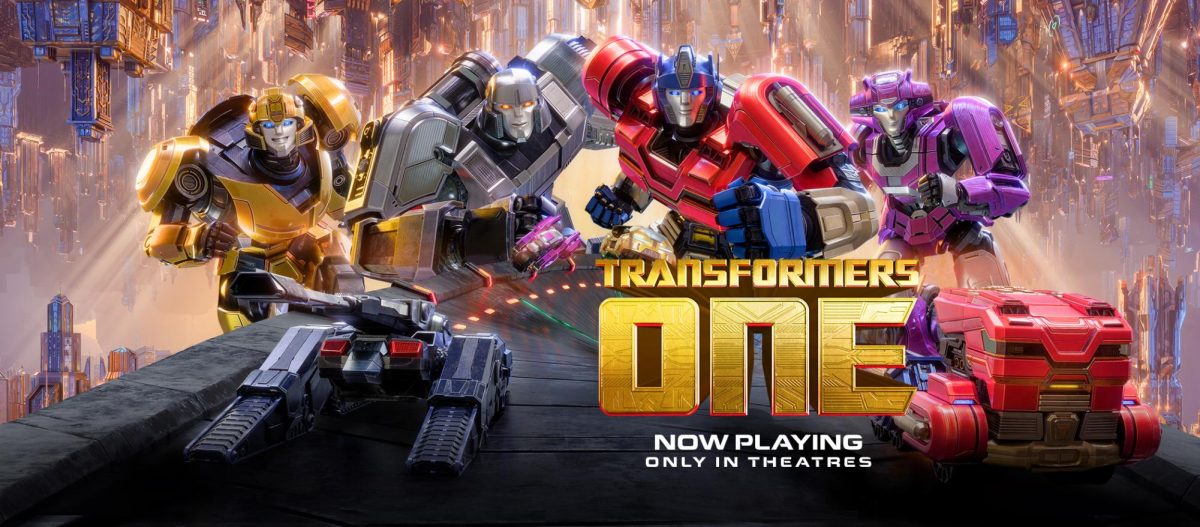It’s been five long years since director Ridley Scott resurrected his famous Alien franchise with the prequel, Prometheus, which was met with mixed critical reception.
The prequel acted as a starting point for the franchise to explore the mythology and origins of what Alien fans have come to know and love as the xenomorph (or just simply the alien, for those who are newcomers to the series). One reason Prometheus failed to satisfy many devoted fans of the series was because it did not have the atmosphere of Scott’s 1979 classic, or even James Cameron’s dynamic sequel. In other words, it was heavy on mythos and light on the aliens. The mythology is important, though, for those who want to truly understand what Covenant has to offer.
Alien: Covenant provides a cynical but profound view of human nature and it successfully details the complicated mythology of the Alien universe that Prometheus introduced five years ago. Michael Fassbender gives a delightfully creepy performance on equal footing with the likes of Anthony Hopkins’s Hannibal Lecter. But Covenant’s other characters are relatively weak, and it suffers from a lack of the xenomorph’s presence in the first half of the film.
The opening scene of Covenant is a flashback that observes Peter Weyland (founder of the infamous Weyland corporation from the franchise’s canon) in a room with his newest creation, an android named David (Michael Fassbender). Weyland (Guy Pearce) reveals to David that he is his “father” in the sense that David was created by him. David then inquires as to who Weyland’s creators are. Weyland informs him that this is what he hopes they will discover together.
Flash forward to the year 2104 to find David’s newest synthetic model, Walter (also played by Michael Fassbender) aboard the colony ship, the Covenant, set out to explore a potential new home for the human race. The enormous vessel is blasted by a shockwave of local stellar activity and ruptures the Covenant’s systems. It is here that Scott begins to explore his newest set of characters.
Captain Jacob (James Franco) is incinerated when his hibernation pod malfunctions with him inside it, and the effect of his death is seen on the hysterical, teary-eyed face of Daniels (Katherine Waterston), who was in a relationship with him. The other characters are minimally developed, and Daniels is essentially the only character audiences can grow emotionally attached to. The Covenant’s crew certainly pales in comparison to that of the Nostromo from the original film. They do their various jobs, but it ultimately feels unimportant that they’re there with the exception of the android Walter.
There are also plot points that seem to very closely resemble those of the original Alien. For example, the Covenant ends up being re-routed to a different planet after a rogue signal is picked up from it. What lies hidden on this planet, of course, spells doom for the entire ship and its crew (sounding familiar?).
However, instead of facehuggers and xenomorphs, the audience will uncover a familiar element from Prometheus: the mysterious black liquid used by the beings who supposedly created humans. In this case, the liquid is in a dust-like form, but has the same disastrous effect on any human that mistakenly ingests it.
This black substance adds a clever element to Scott’s mythology. Recall that in Prometheus, a human-like being (referred to in the film as an Engineer) drinks this black liquid, which proceeds to deteriorate his body. The liquid kills him, and what remains begins to form the building blocks of human life. However, when humans consume it, it creates an almost unstoppably-destructive life form that poses a threat to the human race’s existence.
What’s interesting here is that the liquid seems to respond to the nature of the being utilizing it, pointing out that there’s something fundamentally flawed about humans, creating something lethal to creation itself, whether it be selfishness, greed, etc. In this case, when the liquid is consumed by humans, it produces a terrifying alien life form that personifies these flaws entirely. The difference, noted by Ash in the original film, is that this xenomorph is “unclouded by conscience, remorse, or delusions of morality.” Covenant does an excellent job pointing out the ironies of human life, and it reveals provocative truths about human beings that are as inescapable and troublesome as the alien itself.
When the crew on the new planet is being attacked by the products of the black goo, David comes out of nowhere to save them. The audience is then filled in on the happenings between Prometheus and this film: David commandeers an Engineer ship filled with canisters of the black liquid, flies to the Engineers’ home world, and unleashes the goo, exterminating the entire population. He more or less truthfully explains these events to Walter on the new planet, which makes for a terrific double-duty performance from Fassbender.
David did not care to be subservient to humans, or any being for that matter. He despised humans’ flawed nature, and rationalized that the Engineers were incapable of creating the perfect life form. David, probably being more human than he would like to admit, then reveals that he has been doing is own genetic experiments with the black liquid. This is how he creates the facehuggers and the early versions of the xenomorph. He then intends to use the Covenant’s crew members to continue experimenting and perfecting the life form.
However, Walter, being truly synthetic, attempts to stop David so the crew can escape. This sequence showcases a fearsome and high-paced third act in which the xenomorph owns the spotlight, making for a satisfying conclusion with an unexpected twist to give the fan base a glimpse at what’s to come.
 Four out of five sails.
Four out of five sails.
—
For more information or news tips, or if you see an error in this story or have any compliments or concerns, contact editor@unfspinnaker.com.











